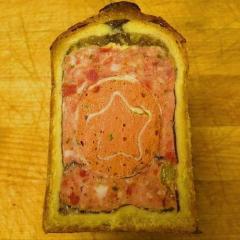-
Welcome to the eG Forums, a service of the eGullet Society for Culinary Arts & Letters. The Society is a 501(c)3 not-for-profit organization dedicated to the advancement of the culinary arts. These advertising-free forums are provided free of charge through donations from Society members. Anyone may read the forums, but to post you must create a free account.
The merit of preservation
-
Similar Content
-
- 23 replies
- 1,865 views
-
- 157 replies
- 15,399 views
-
- 1,656 replies
- 211,052 views
-
- 9 replies
- 826 views
-
Preserved Lemons 1 2 3 4 13
By Suvir Saran,
- 318 replies
- 90,099 views
-
-
Recently Browsing 0 members
- No registered users viewing this page.





Recommended Posts